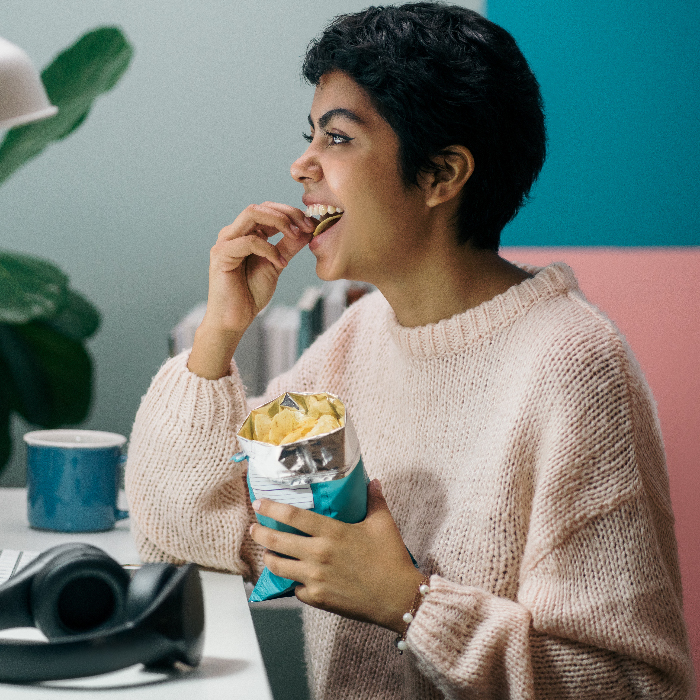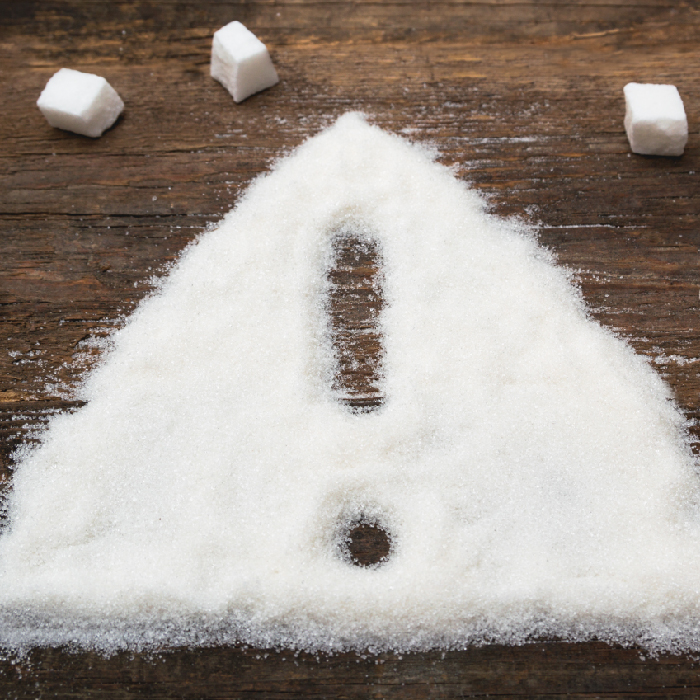I run several support groups for the morbidly obese in the Houston area. Two of the groups specifically deal with food addictions. The members in this group participate in a 12 step program that helps them learn new coping mechanisms besides turning to food. It is very difficult.
They have been using food as their lover for years. Their use of food is different from mine or others. They actually have a relationship with their food. Just as an alcoholic or a drug addict turns to their vice before they turn to their partner, food addicts turn to food.
It would seem odd to the person who doesn’t struggle with food to listen in on my groups. You would hear things such as, “if I can just have a bowl of Ben and Jerry’s Cherry Fudge, I will make it through this,” or you may hear, “I was so upset. All I could do was run to Sonic and get my fix.” When I first began listening to this, I felt confused, or perplexed, thinking maybe they were kidding. Believe me, they were not. They cannot stop once they get started with their vice any more than an alcoholic can stop after half a bottle of wine. Just as an alcoholic will go to the extent of drinking someone else’s drink to get a fix, the food addict will eat off of other’s plates, and several have admitted to going through the trash can for food previously thrown away.
As the group progresses, what becomes clear is the majority of these patients have been brought up with another addiction. Maybe their parents were alcoholics, abusive, gamblers, smokers, or hoarders. The child learned it was safer to turn to food or some other substance for comfort because turning to a human for a hug or soothing words was impossible.
Many food addicts lose weight to get married, only to find that they don’t have the skills to communicate loneliness, boredom, or anxiety to their partner. They slowly begin to turn to what has helped soothe them in the past, which is food. Before long, communication is compromised in the relationship. There is severe weight gain, which begins a disastrous cycle of withdrawing from sex, and turning to food. Soon the partner isn’t happy and the food addict feels shameful and guilty. These feelings of guilt and shame lock the cycle of turning to food even more securely.
Members in the group tell me often that their eating has ruined their marriage, or the way they look disgusts their partner. For anyone in the health profession to tell these people to simply stop eating or to get the weight loss surgery without addressing the underlying feelings and emotions is malpractice. I say this, but understand it is done every day. After all, my food addiction group is filled with patients who failed with a weight loss surgery prior to joining. When I ask them if they had been counseled prior to surgery, the response is always, “No, I could not afford that.” In truth, they cannot afford not to get counseling prior to surgery.
How can you help if you are married or know a food addict? I am so glad you asked. Below are a few suggestions to help you get started.
- Realize that your partner or friend has a bigger problem than just eating too much. They need professional help, and they need it now. Find out who is on your plan for insurance and what it allows for help with eating disorders.
- Encourage your partner to begin turning to you for comfort. This can be done by paying attention to when they eat, and what they eat. Food addicts find the evening especially difficult to manage. They are tired, overwhelmed and depressed.
- Hold them, talk to them, and avoid food.
- Help them join a food addiction group. There are several in Houston and “Over Eaters Anonymous” offers a 12 step program for food addicts.
- Your partner suffers shame and guilt every day. Try to remember this, and be gentle. There is a lot of secrecy in this disorder. If they let you in, respect that.
- If you are the over eater, I want you to know you are still loveable despite your weight. You many not love yourself right now, but that is possible to change. You need to make the first call, but there is help.
Food addicts are hurt, and we as a society can become part of the problem or part of the solution. Most addicts of food (and other addictions) have an enabler. The enabler complains about the behavior but also supplies the fix. They cover for the addict by making excuses for them. People who are co-dependent or have a low self-esteem may derive their security from enabling an addict. The perfect example is a man who is married to an obese woman. He keeps bringing home junk food to keep her happy and obese. He never worries about her being unfaithful to him because he knows her weight limits her confidence in finding someone else.
Obesity has gotten so out of control that it is limiting the lives of our children, driving our medical costs sky high, and touching the majority of lives in the United States. Surgeries and medicines are helping us lose weight, but until we get at the issues underneath the weight we will never be able to cure this serious problem.
Here is a Youtube video that may help those in their journey to stop mindless eating. To learn more about this topic, check out Mary Jo’s website here. For free relationship help subscribe here. You can also talk to her by clicking on “Ask Mary Jo”.




